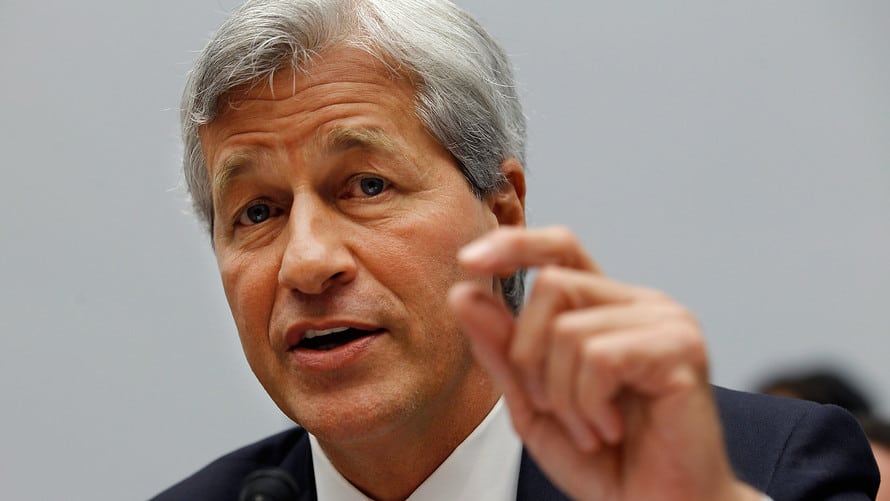
There’s an argument raging that few have heard. The argument is whether it is the rebirth or death of banks. Many vote for the latter, but the former seems to be winning. Banks are reborn.
Ten years since the financial crisis hit, many of the banks that received seismic shocks a decade ago are thriving today. All of the American banks have come back as strong, if not stronger, and the European banks are showing resilience too. Is this the golden age of banking?
From The New York Times:
Since the end of 2010, banks have added $2.5 trillion of loans, a 37 percent increase, according to data from the Federal Reserve. Over the same period, their profits have soared. In the first quarter, the industry as a whole reported its highest profits in recent decades, according to data compiled by Federal Deposit Insurance Corporation.
The six largest American banks — JPMorgan, Bank of America, Citigroup, Wells Fargo, Goldman Sachs and Morgan Stanley — have done particularly well. They made $141 billion in pretax profits in 2017, nearly double the $75 billion they made in 2010.
No wonder Jamie Dimon, CEO of JPMorgan Chase, said on an investor call last month: “You’re going to have a golden age of banking.”
A golden age of banking.
For some, it sounds like England are going to win the World Cup. You wish, you wish, you wish … and then Croatia come back.
Same in banking. You wish, you wish, you wish … and then a crisis comes back.
American Banker’s J V Rizzi doesn’t agree with Jamie Dimon. As JV points out, financial markets move in cycles, and even Jamie Dimon told his daughter this is the case:
My daughter came home from school one day and said, ‘daddy, what’s a financial crisis?’ And without trying to be funny, I said, ‘it’s the type of thing that happens every five, ten, seven, years.’
So how he can think that, after ten years, we are in a golden age is a little bit of a myopic view. Sure, banks are doing well. But it tends to be the case that the better banks do, the more risk they take; the more risk they take, the more exposure on their balance sheet; and the more exposure on their balance sheet, the more likely they are to take a hit.
Banks will take a hit sometime in the not too distant future. It’s just a question of when, not if.
Having said that, interestingly, Jamie Dimon disagrees with me. He says: “there are no potholes”. There are no weaknesses ahead, according to Mr. Dimon. “We can’t believe that we are doing so well. It’s been a long 10 years,” Dimon said.
Hmmm. How come when I hear that, I always think that the opposition are going to score a goal and bring down the froth?
Chris M Skinner
Chris Skinner is best known as an independent commentator on the financial markets through his blog, TheFinanser.com, as author of the bestselling book Digital Bank, and Chair of the European networking forum the Financial Services Club. He has been voted one of the most influential people in banking by The Financial Brand (as well as one of the best blogs), a FinTech Titan (Next Bank), one of the Fintech Leaders you need to follow (City AM, Deluxe and Jax Finance), as well as one of the Top 40 most influential people in financial technology by the Wall Street Journal's Financial News. To learn more click here...

